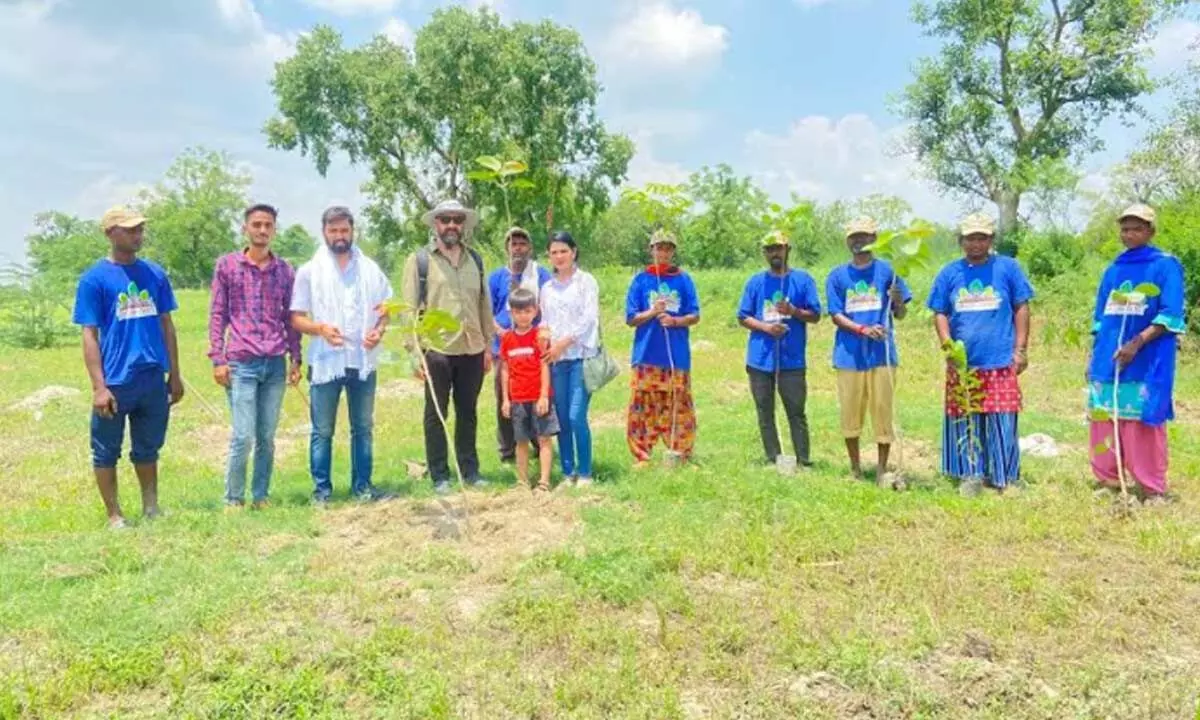Live
- Nagarkurnool: Burglary in a locked house
- Nadda asks voters to unseat BJD govt
- KCR Rally at Hanumakonda Chowrastha Road Show for Warangal Parliamentary Elections
- Yastika, Renuka Thakur star in India’s 44-run win over Bangladesh in T20I series opener
- Sai Sangeeta won gold medal for India in Dubai Asian Championship
- BSP's Akash Anand booked for hate speech against BJP
- Two die of sunstroke in Kerala, heat alert sounded in parts of state
- IPL 2024: Will Jacks, Kohli shock Gujarat, keep RCB's playoff hopes alive
- IPL 2024: 'Can't sit and speak from a box', Virat Kohli slams strike-rate critics
- ISL 2023-24: We have to give our everything, says FC Goa's Fernandes ahead of semis clash with Mumbai City









